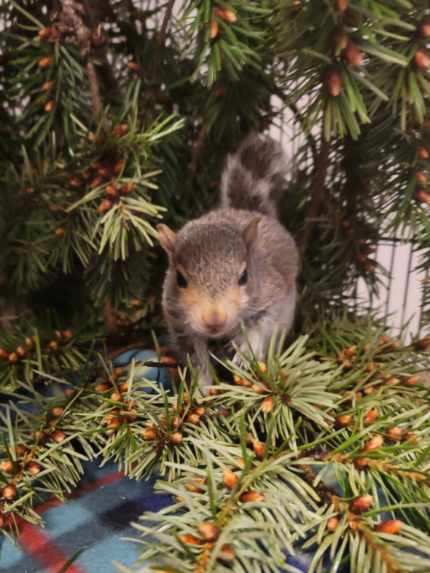Newsletter








To download a pdf file of any past newsletter, click on the link, and it will automatically open or download. Check the Downloads file on your computer if it does not open automatically.
How Can I Help?
The average cost for one week of basic rehabilitation care varies with the type of animal that comes to Twin Harbors Wildlife Center: $35 for each bird, $55 for each baby mammal, and $79 for each raptor. In order to provide the necessary care to rehabilitate wildlife, we rely heavily on individual donors like you.

